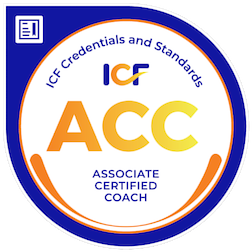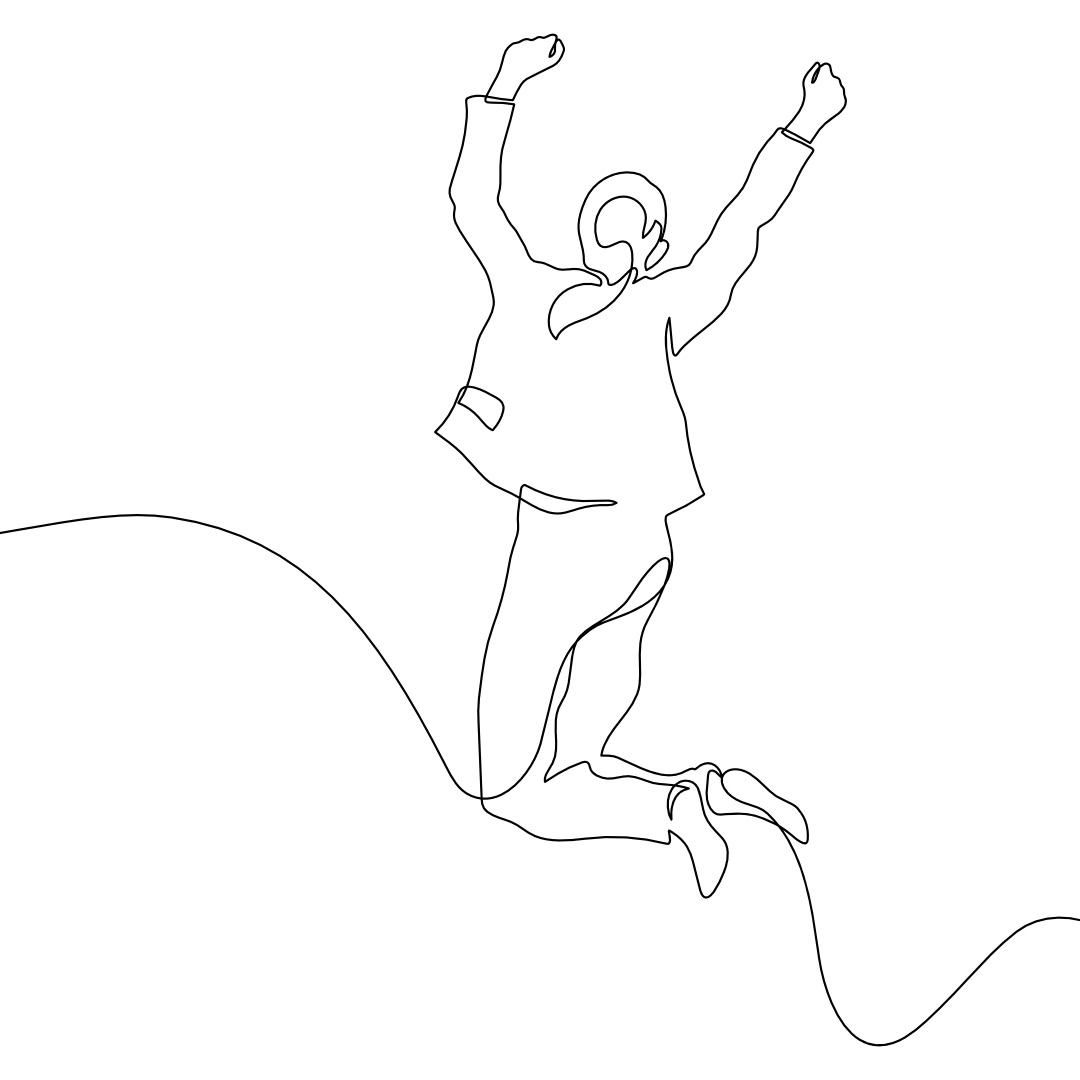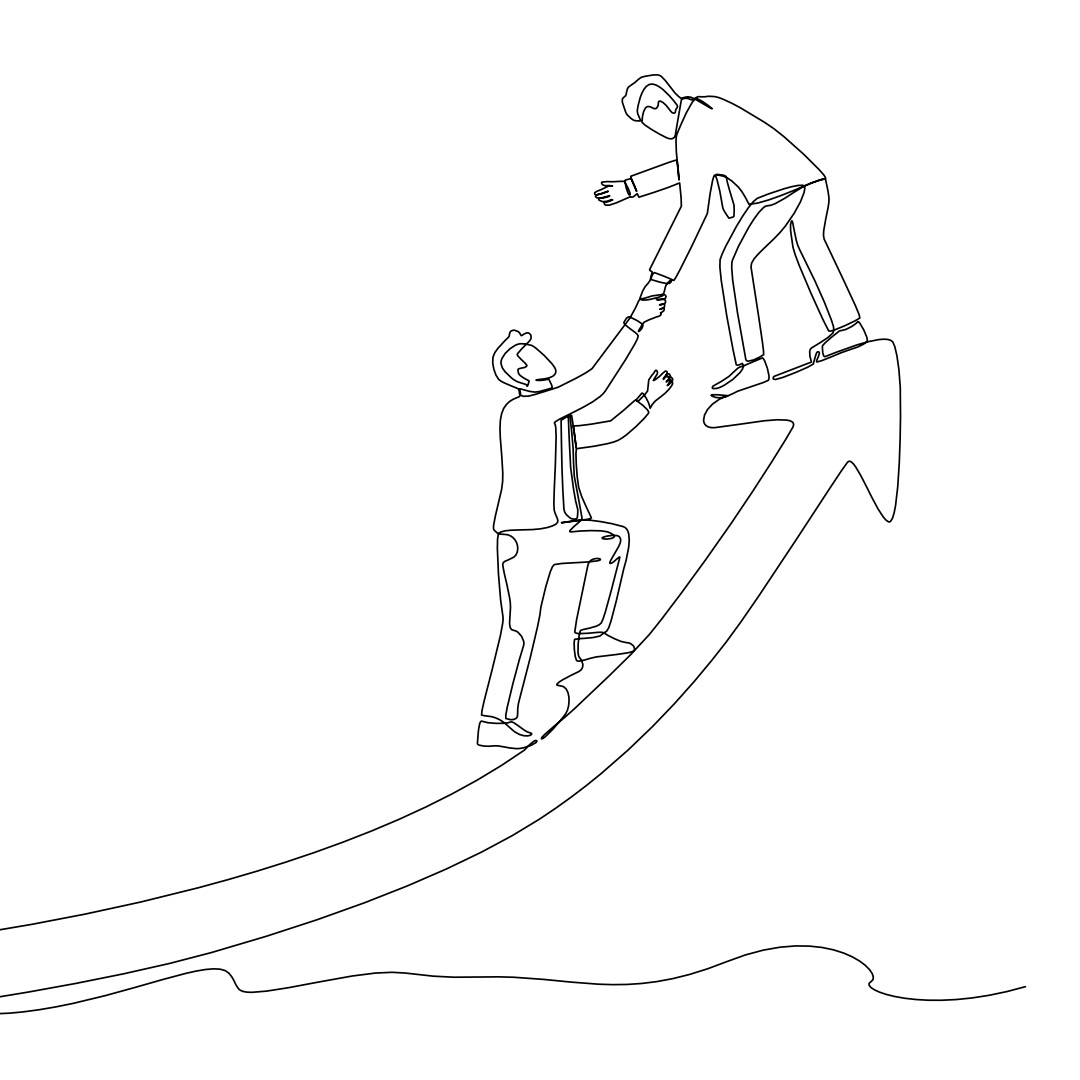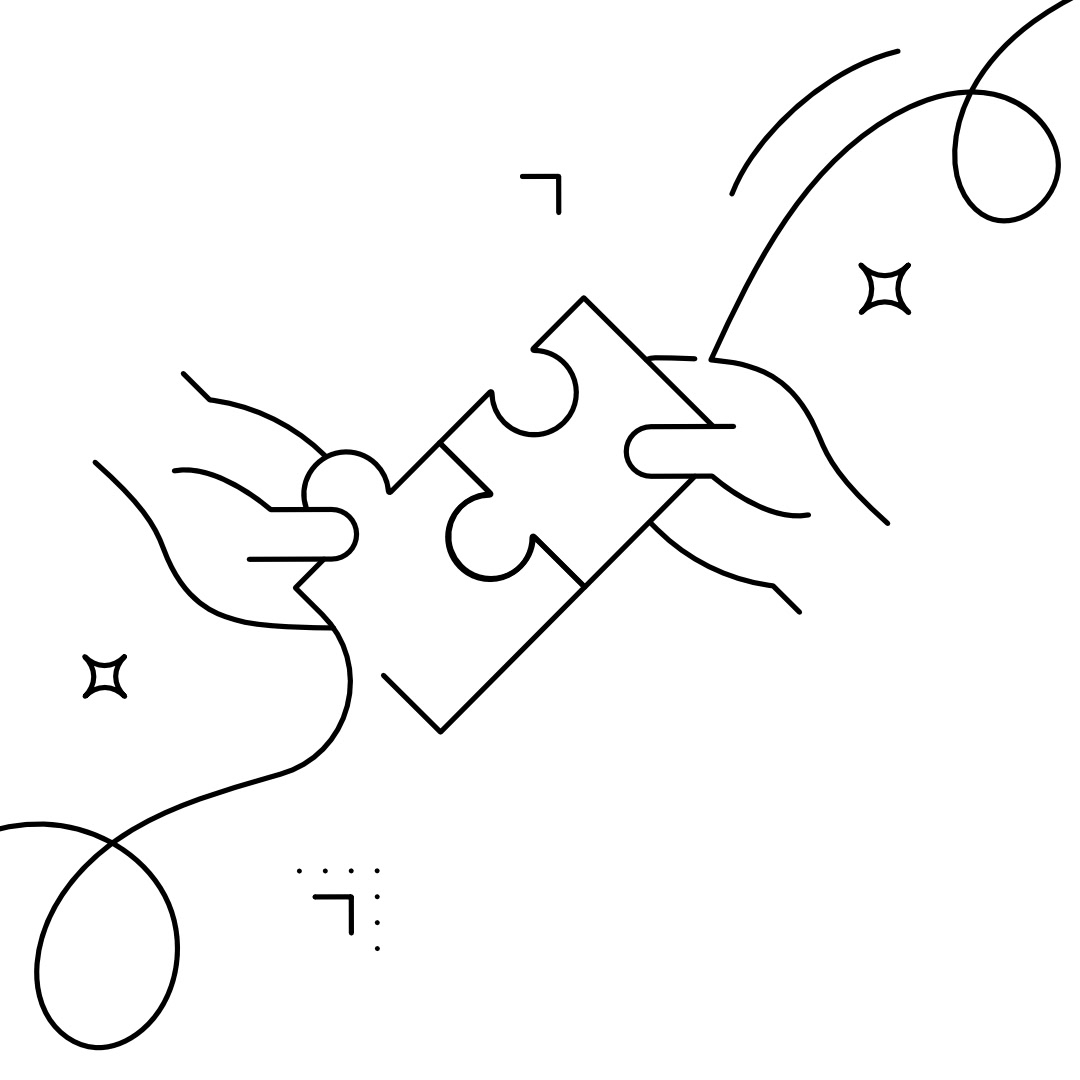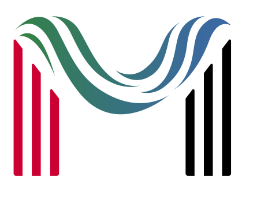The training programmes at Coaching Léman
The Coaching Léman training process includes careful preparation, in which the objectives and content are aligned with the needs of the participants. During the training, practical methods such as theoretical inputs, interactive exercises and reflection are combined to impart knowledge and promote direct application. Finally, measures are developed for implementation in everyday life, supported by feedback and follow-up to ensure long-term results.
Process
- Clarify the mandate and analyse the needs (preparation)
- Objective : Clarify the expectations and needs of the participants and the client, respectively
- Content :
- Analyse the topic (e.g. stress management, leadership, time management, communication).
- Define the learning objectives: What should the participants know or understand after the training?
- Agree on the framework: Duration, group size, material, location.
- Adapting the training to the needs of the target group (individual or company-specific).
- Designing the training and preparation
- Objective : creating a structured and practical training plan
- Content :
- Developing interactive modules (e.g. theory, practical exercises, discussions).
- Integrating tools and techniques such as NLP, resilience methods or approaches to conflict resolution.
- Creation of supporting material (worksheets, presentations, videos).
- Conducting the training
- Objective : imparting knowledge and promoting practical application
- Content :
- Theoretical input: short and easy-to-understand communication of the content.
- Interactive exercises: role plays, group work, simulations, case studies.
- Discussions and reflection: working together on practical examples and challenges.
- Feedback loops: Regular review of understanding and adaptation of content.
- Conclusion and transfer into practice
- Objective : Ensuring practical implementation in everyday life.
- Content :
- Summary of content and key conclusions
- Development of an individual action plan: ‘How will I implement what I have learned?’
- Feedback round: What was particularly helpful? What could be improved?
- Distribution of additional resources (e.g. handouts, links, recommended literature).
Professional ethics and ethics (according to ICF)
- Confidentiality: All personal and group content is treated confidentially.
- Respect: Each participant is valued for their personality and perspective.
- Professionalism: Transparency and accountability are at the heart of every training session.
- Sustainability: Focus on long-term and achievable results for the participants.
Our goal is always to provide effective and practical training that is tailored to the individual and collective needs of the participants.

